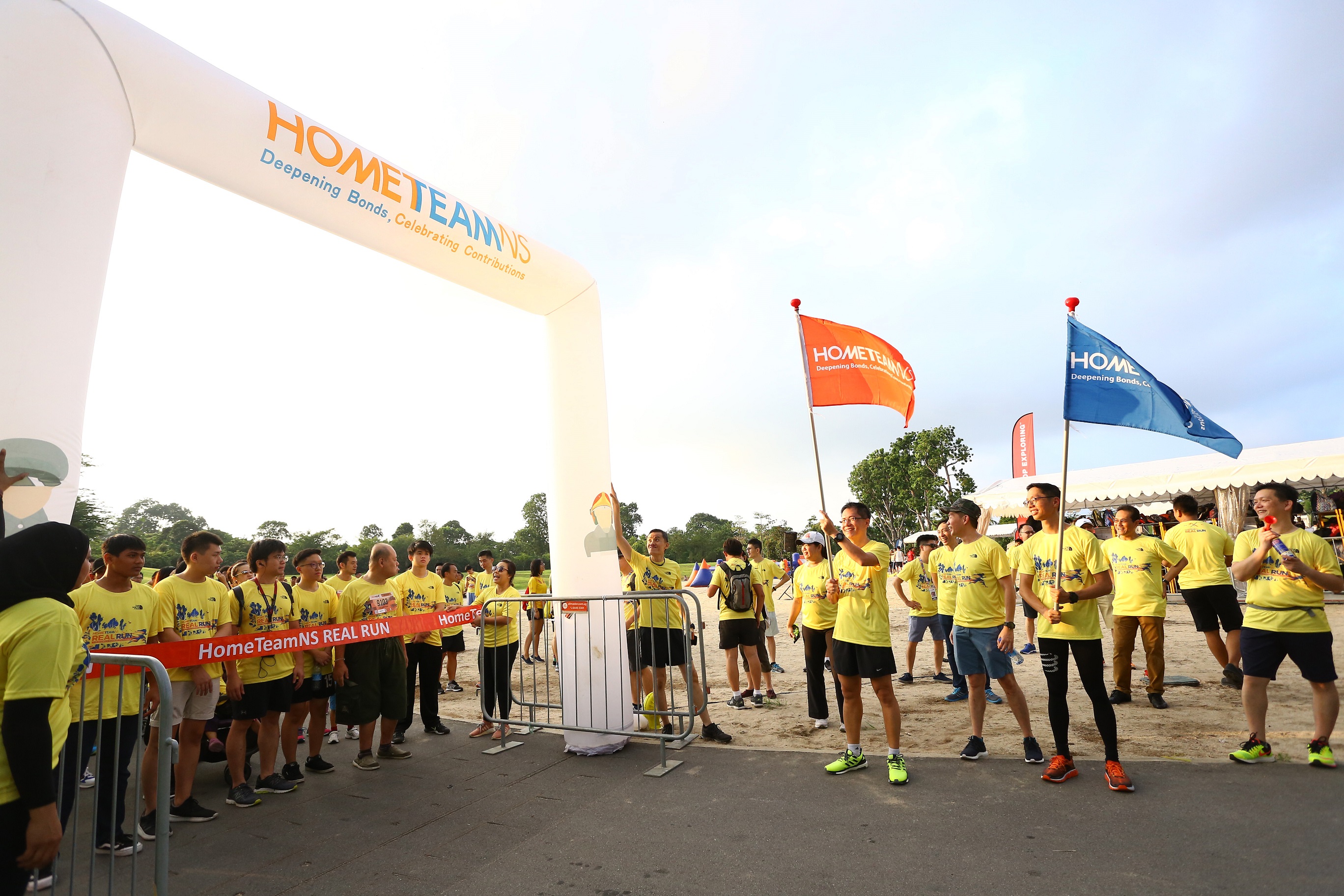Learn about the truths and myths of long-distance running before you embark on the HomeTeamNS REAL® Run 2019 in October.

TEXT: ALYWIN CHEW
PHOTOS: ISTOCK

“I always try to squeeze in a 30-minute night run or a one-hour gym session at least once a week. Perspiring releases a week’s stress and helps me stay focused. I also feel that any form of exercise allows people to set small goals like the amount of reps or sets to achieve.
Increasing distance too quickly will lead to injuries. If you’re a beginner, focus on running the same distance two to three times a week for two weeks. Add mileage only when you’re comfortable.

It would be better to increase your carbohydrate intake in prudent amounts over a few days before the race instead. This reduces the risk of a stomach upset during the event. Also, there’s little need to do so if you’re running less than two hours.
Prolonged pain may be a sign that you’ve got something more serious than just a sore muscle. In fact, running with an injury might lead to an even longer lay-off!
Sure, your legs do most of the work during a run, but including upper-body workouts will help you to maintain better form and rhythm, in turn improving the effectiveness of your run.
There is no need to be consuming such beverages if you are running less than an hour. Stick to water. As such drinks are usually filled with sugar, you might actually be putting back all those calories you have just burnt.
While it is true that some people get cramps because of the loss of fluid and sodium through sweating, this isn’t true for everyone. Cramps can also occur simply because you haven’t trained hard enough.

While you would unlikely be sprinting during a marathon, speed training is still essential because it improves your aerobic capacity or stamina. It also allows you to run faster, which would help with attaining that personal best.
As not all running shoes are made the same, it is therefore important to find the pair that best suits your foot type, running gait and pronation. Head to a sports gear store to have a specialist determine these factors.
“Having a good rest and happy state of mind is important too. Positivity is contagious and leads to better emotional, mental and physical outcomes,” WO1 (NS) Bennett Koong (SCDF) shares.

It’s best to get a massage a few days before or after a race. Getting one the night before might leave you sore and unable to perform at your best. Getting one right after might hamper the recovery process.
Yes, stretching is absolutely necessary, but be sure to practise dynamic stretching such as lunges or leg swings, as this helps to limber up the muscles better. Doing static stretching on cold muscles might do you more harm than good.
A coach can be useful in helping to determine your strides and gait and providing advice on how to run more efficiently! He can also customise a training routine for you to maximise gains.
Running on sand, on a track, in the trails and on a treadmill aren’t the same thing – each engages leg muscles in a different way. Alternate your running surfaces for holistic conditioning.

“In addition, I spend two hours every week to review my work, leisure and health. This allows me to plan for the next week more effectively,” WO1 (NS) Bennett Koong (SCDF) on how he manages his busy schedule!
Unfortunately, there’s no such thing. You might expend less energy during a downhill run, but you certainly don’t regain lost energy!
On the contrary, studies have shown that running helps strengthen the knee and prevents osteoporosis and osteoarthritis. Of course, if you already have a bad knee from running, cut back on training or completely stop to recover before resuming!

